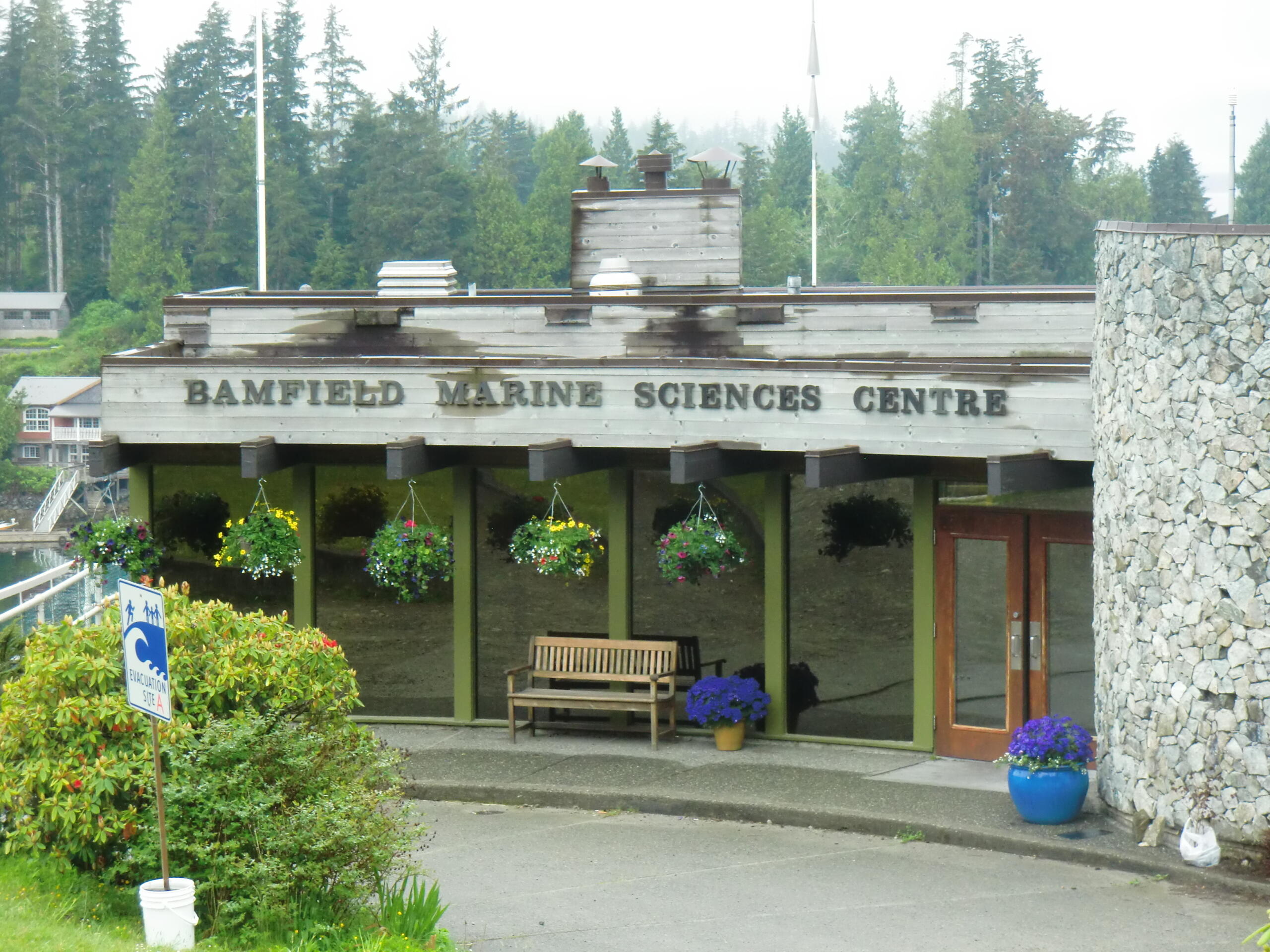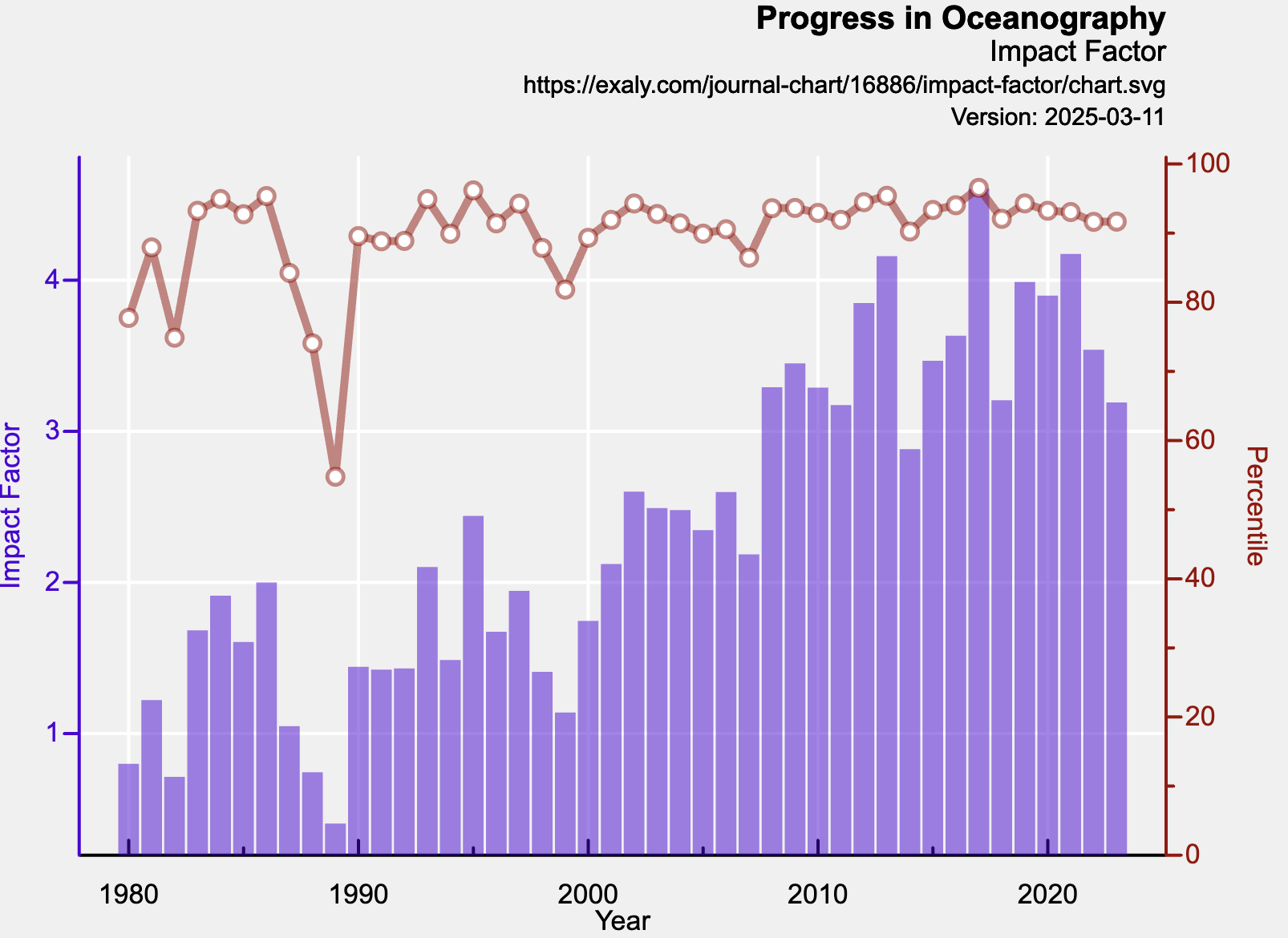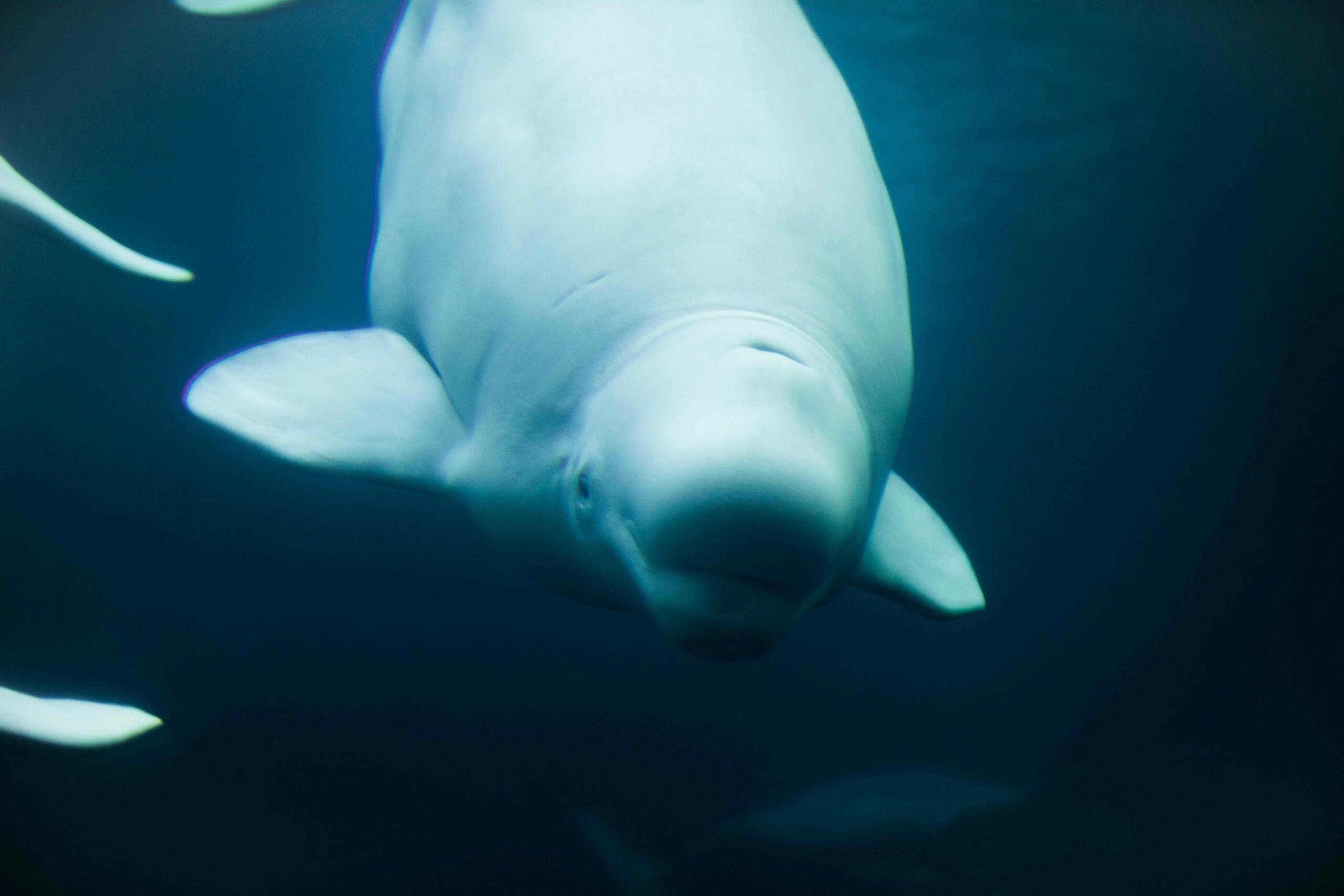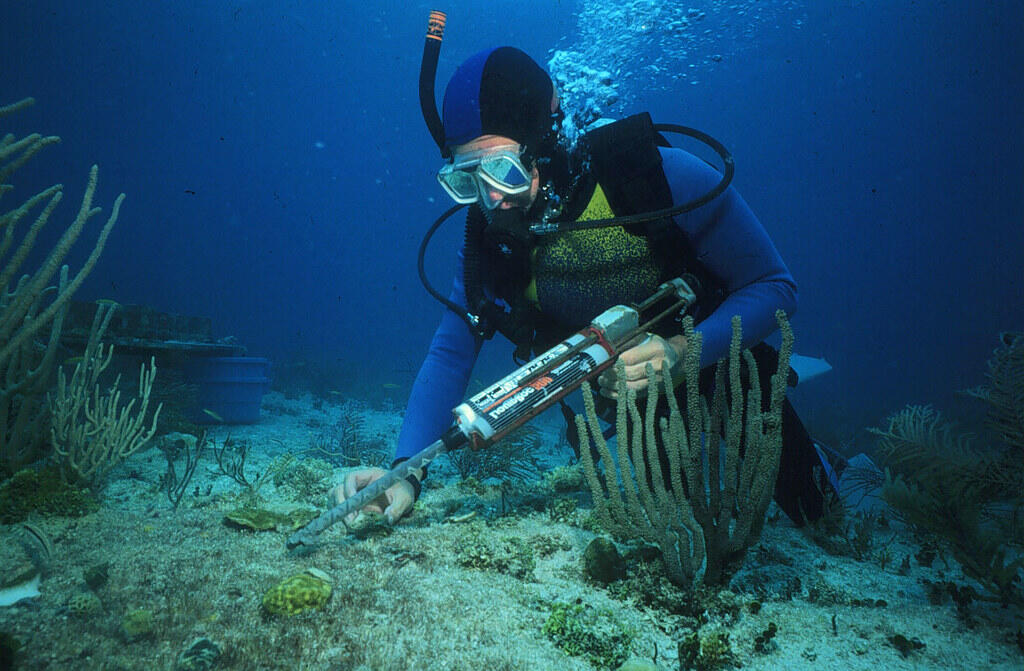Science is not limited to laboratories and equations; it is a way of seeing and understanding the world, and its wonders are accessible to all.
Rachel Carson - American marine biologist and writer
From climate research to ocean conservation, marine biology careers in Canada offer more than just a desk job. With thousands of kilometers of coastline and a diverse marine ecosystem, Canada is a hub for exciting research, exploration, and environmental impact.

What Can You Do as a Marine Biologist?
From studying coral reefs and protecting endangered species to working on cutting-edge marine technology, the opportunities are as vast as the ocean itself!
Marine biologists can work in research, conservation, education, or even in policy-making to protect our oceans. Some spend their days in labs analyzing water samples, while others dive into the deep blue to explore marine ecosystems firsthand. Whether you’re passionate about marine animals, oceanography, or sustainability, we're sure there’s a career path for you!
Don't just take our word for it! Dive deeper into the diverse and exciting world of marine biology careers:
Marine Biologist Jobs in Coastal Provinces
If you’re dreaming of a career that lets you work with marine life, Canada’s coasts are the place to be - especially in British Columbia, Nova Scotia, and Newfoundland & Labrador. These provinces offer the majority of marine biologist jobs, thanks to their proximity to the Atlantic and Pacific Oceans.
🐋 Victoria, BC - A Hub for Pacific Marine Research
Located on Vancouver Island, Victoria is known for its stunning coastal environment and proximity to key marine ecosystems. Marine biologists here often work in government agencies, local marine parks, or environmental NGOs focused on Pacific salmon, kelp forests, and whale migration. The presence of Fisheries and Oceans Canada offers research-heavy roles, while conservation groups like Ocean Wise provide community-based opportunities.

For those looking to study marine biology, the University of Victoria offers great marine biology programs with hands-on learning through the nearby Bamfield Marine Sciences Centre. It’s a great place to launch your career, with both education and research opportunities in one region.
🧊 St. John’s, NL – Cold-Water Ecosystems & Offshore Expertise
As the easternmost point of North America, St. John’s, Newfoundland and Labrador is a strategic hub for studying the North Atlantic Ocean and its cold-water species.
Marine biologists here often work with Fisheries and Oceans Canada’s Northwest Atlantic Fisheries Centre, where they monitor commercial fish stocks like cod, capelin, and snow crab. Offshore oil and gas also play a role, creating demand for environmental consultants in marine impact assessments.

One of the city’s major assets is Memorial University, home to the Marine Institute - Canada’s most comprehensive centre for ocean-related education and applied research. Programs like the Bachelor of Technology in Ocean Mapping and Advanced Diplomas in Marine Environmental Technology prepare students for industry and research careers. The Marine Institute also offers graduate programs in fisheries science and ocean technology.
🌊 Halifax, NS – Innovation Meets Conservation
Halifax is home to the Bedford Institute of Oceanography (BIO), Canada’s largest centre for ocean research. Biologists here study everything from seabed mapping to climate-driven changes in marine ecosystems. The city also hosts COINAtlantic, a coastal and ocean information network supporting Atlantic Canada’s marine decision-making.
For education, Dalhousie University offers a BSc in Marine Biology and graduate degrees through its Department of Oceanography.

Oceanography is the study of the physical, chemical, biological, and geological aspects of the ocean. For marine biologists, it often intersects with biology - especially when monitoring water quality, plankton populations, or oxygen levels in marine habitats.
Students get hands-on research experience aboard research vessels like the RV Coriolis II and access to programs like the Ocean Tracking Network - a global marine animal monitoring initiative headquartered in Halifax.
🐟 Rimouski, QC – French-Language Marine Research on the St. Lawrence
Nestled along the south shore of the St. Lawrence Estuary, Rimouski is a key location for French-speaking marine scientists. The region is home to Institut des Sciences de la Mer de Rimouski (ISMER), part of Université du Québec à Rimouski (UQAR). ISMER conducts world-class research on marine geoscience, oceanography, fisheries, and the effects of climate change in the Gulf of St. Lawrence.
The region is home to cold-water marine wildlife and a unique mix of freshwater and saltwater ecosystems, supporting beluga whales, seals, capelin, and Arctic char. Seasonal plankton blooms make it a key feeding ground for migratory species and seabirds — ideal for biodiversity research and monitoring.

The MSc in Oceanography and BSc in Marine Sciences offered through UQAR are tailored to students interested in marine ecosystem health, biochemistry, and modeling oceanic changes. Internships and field placements often lead to positions in fisheries research, marine spatial planning, or with government organizations like the Ministère des Pêches et des Océans.
Unique to Rimouski is its close-knit research community and easy access to both deep-sea and estuarine study sites, making it ideal for field-intensive roles. Jobs often include:
- Oceanographers and marine data analysts
- Coastal erosion and habitat monitoring specialists
- Fisheries science researchers

Key Employers: Marine Biologist Job Descriptions
Canada’s marine biology sector is supported by a mix of government agencies, research institutions, and private companies - all offering unique roles for marine scientists at various stages of their careers.
The largest employer is Fisheries and Oceans Canada (DFO), which operates research centres across the country, including the Bedford Institute of Oceanography in Nova Scotia and the Pacific Biological Station in British Columbia. Here, marine biologists conduct stock assessments, ecosystem monitoring, and habitat restoration.
Other major employers include Environment and Climate Change Canada, Parks Canada, provincial ministries, and specialized NGOs like Ocean Wise, which focuses on conservation, education, and sustainable seafood initiatives. In the private sector, aquaculture companies, marine engineering firms, and environmental consultancies often hire biologists for water quality testing, species monitoring, and impact assessments.
While each role varies, a typical marine biologist job description includes:
When you gather water, plankton, or tissue samples in the field, you’re capturing real-time snapshots of ocean health — data that helps track pollution, temperature changes, and ecosystem shifts.
Whether it’s counting sea stars along a rocky shore or tracking whale migrations, monitoring lets you spot changes in biodiversity and understand species' behaviour over time.
Every research trip brings back a lot of data, and this is where the big picture starts to form. By turning observations into clear insights, marine biologists help protect ocean life, support better laws, and guide how we care for our oceans in the future.
Marine biologists often work with government agencies, NGOs, and Indigenous communities to restore habitats, set fishing limits, or protect endangered species.
Satellite data and mapping tools help visualize everything from coral reef bleaching to coastal erosion - giving marine biologists a big-picture view of environmental change.
Marine Biology Salary Report
How much do marine biologists make in Canada? Like many careers, salaries can vary depending on where you work, your level of experience, and what kind of job you’re doing. The good news? Marine biology jobs can offer both a meaningful career and a stable income.
If you work in a coastal province like British Columbia, Nova Scotia, or Newfoundland and Labrador, chances are you’ll find more job opportunities — and in many cases, better pay. These areas have more marine research centres, government roles, and ocean-related industries. In other provinces or territories, marine biology jobs exist too, often linked to aquaculture or environmental work, but they’re less common.
👇 Check out the table below for an idea of what marine biologists earn across different parts of Canada.
| Province/Territory | Low ($/hour) | Median ($/hour) | High ($/hour) |
|---|---|---|---|
| Canada | 25.00 | 40.00 | 61.54 |
| Alberta | 26.44 | 45.33 | 82.15 |
| British Columbia | 26.50 | 40.00 | 52.88 |
| Manitoba | 26.92 | 41.50 | 57.69 |
| New Brunswick | 34.36 | 41.00 | 51.28 |
| Newfoundland and Labrador | 27.50 | 40.00 | 58.46 |
| Nova Scotia | 18.97 | 40.05 | 56.41 |
| Ontario | 24.04 | 39.75 | 67.31 |
| Prince Edward Island | 25.15 | 35.90 | 44.62 |
| Quebec | 22.50 | 35.90 | 54.12 |
| Saskatchewan | 30.29 | 45.64 | 71.79 |
| Northwest Territories | 33.34 | 61.00 | 78.58 |
| Nunavut | N/A | 61.23 | N/A |
| Yukon Territory | 34.77 | 46.68 | 60.48 |
As you can see, pay can differ quite a bit depending on where you work - and it’s not just about geography. While location plays a role, your employer type can make just as much of a difference. For example, working for the federal government or a large environmental consulting firm often means better salaries, more stability, and access to long-term research funding.
On the other hand, smaller non-profits or seasonal field roles may offer meaningful work but with lower pay or shorter contracts. If you’re aiming for both a steady income and career growth, it’s worth looking closely at who’s hiring - not just where.
Marine biologists working in academia often supplement their income through research grants, speaking engagements, or teaching contracts, especially at a graduate level.
Challenges and Rewards of Working As a Marine Biologist in Canada
Working as a marine biologist often sparks curiosity, and for good reason. It’s a career filled with exploration, discovery, and purpose. But while the job has its share of exciting moments, it also comes with real-world challenges that anyone entering the field should be aware of.
One of the biggest hurdles is the physical nature of the work. Field research can take you to remote coastal areas, sometimes for days or weeks at a time, and often in unpredictable weather.

Whether you’re on a boat collecting samples, hiking through rough terrain to reach shoreline sites, or diving in cold waters, the job requires stamina and adaptability.
Another challenge is the job market itself. Many entry-level marine biology jobs in Canada are contract-based or seasonal, especially in research or conservation. Full-time, permanent roles are highly competitive and often require advanced degrees, field experience, or connections in the scientific community. Additionally, funding for long-term research projects can fluctuate depending on government priorities and grant availability.
But for those who stick with it, the rewards can be incredibly fulfilling. Few careers offer the chance to make such a direct impact on the planet - from tracking whale populations to advising on fisheries policy or restoring sensitive habitats.
Many marine biologists also contribute to shaping Canada’s environmental laws and marine regulations, helping to protect ecosystems that are increasingly under pressure from human activity and climate change.
In recent years, Canada has taken steps to expand its marine conservation efforts - and the numbers reflect that progress.
Oceans Act Marine Protected Areas
Marine Protected Areas (MPAs) are designated zones where human activity is managed or restricted to help preserve sensitive habitats, endangered species, and overall ecosystem health. These protected zones are key tools in Canada’s efforts to safeguard ocean biodiversity in the face of climate change.
For marine biologists, contributing to the creation, monitoring, and management of these areas is a powerful example of how science directly shapes real-world outcomes.
This intersection between field science, advocacy, and public policy is one of the most meaningful aspects of the job. As climate change, ocean acidification, and biodiversity loss continue to challenge marine ecosystems, biologists are playing a bigger role in guiding how Canada manages its coastlines and marine resources. If you’re interested in how research connects with policy, it’s worth learning more about the broader marine biology framework in Canada, including institutions and legal structures that support this work.
A Career Beyond the Paycheck 🌊
Becoming a marine biologist isn’t just about earning a paycheck... it’s about passion, purpose, and making a difference. Whether you're protecting marine life, contributing to groundbreaking research, or simply inspiring others to care for our planet, a career in marine biology can be deeply rewarding in ways that go far beyond the money in your pockets.
If you’re driven by a love for the sea and a desire to leave a lasting impact on our planet, marine biology could be the perfect path for you. 🌍💙
Summarize with AI:















